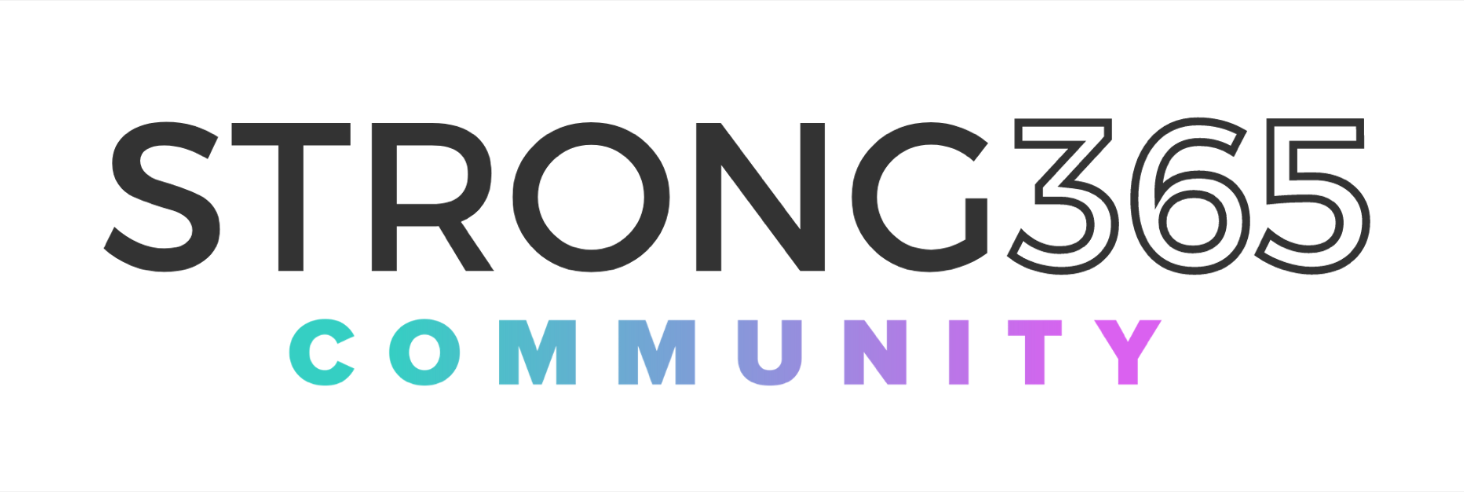Our Study Finds Google Search Can Encourage Help-Seeking for Psychosis
Team Strong365

While advertisers have long taken to the Internet to reach potential consumers, mental health systems have historically underutilized digital channels such as Google search to proactively connect people to resources, information and treatment resources.
In a collaboration between Strong 365 and Northwell Health’s Early Treatment Program research team (Dr. Birnbaum et al), our study published in Psychiatric Services, Using Digital Media Advertising in Early Psychosis Intervention, suggests that targeted Google search result ads (“Google AdWords”) appear to be a reasonable and cost effective method to identify and engage individuals who are searching for mental health information online. By testing more than 2,000 keywords and 200 ads, we also discovered which terms and ads were most effective at driving a range of help-seeking behaviors.
Key study findings
Importantly, we found that targeted Google search ads appear to be capable of impacting help seeking behavior.
During our initial 14 week pilot campaign, our ads appeared 191,313 times and were clicked on 4,350 times. Many users took additional help seeking steps including obtaining psychosis-specific information (n=1,918/44%), completing a psychosis self-screener (n=671/15%), and self-referring to early psychosis services (57/1%). Notably, two-thirds of people who completed the psychosis screener scored at-risk for first episode psychosis.
Learn more about our findings, surprises and challenges in our paper. For those without access to the journal, this article provides additional insight.
Our vision: Empowering more people to seek help earlier
Early intervention for psychosis provides our best hope for full functional and symptomatic recovery, but the key is getting the right kind of help at the right time. The primary determinant of health outcomes and quality of life relies on treatment occurring in the earliest stages of psychosis – ideally just before or immediately following a first episode.
Despite rapidly increasing access to specialized early treatment centers, the time between onset of symptoms and receiving appropriate care remains alarmingly high. Today, a person struggles with symptoms of psychosis for an average of more than one year before they find help in the United States, most often after a crisis has ensued requiring hospitalization — an experience that often adds stress, and even trauma, to an already difficult situation for the whole family.
How can we close the gap?
With 100,000 young people facing a first episode of psychosis in the U.S. each year, we see a tremendous opportunity to meet people where they are already seeking answers: on their smartphones.
Managing over three billion searches daily, Google search is the most widely used online search engine. Reports have found that 80% of internet users search online for health related information (Pew Research).
In a 2015 study, Dr. Birnbaum et al. confirmed that the Internet appears to be a primary source for information gathering for both participants and their families while symptoms are first emerging and may represent one of the first proactive steps towards treatment initiation.
What’s next?
Due to the lack of awareness and stigma attached to psychosis, we believe that this type of targeted outreach has the potential to reach and refer people to community-based care sooner than traditional forms of outreach (e.g. traditional advertising, hospital or primary care referrals). That is the subject of a next wave of campaigns, where we hope to put our emphasis on reducing the time it takes to identify and refer someone to high quality care as compared to a control group.
We will also aim to learn more about who we are reaching, what they are seeking, and what role online forms of support might play as stepping stones to clinical care.
If you would like to support this work, there are a few ways you can get involved. We can’t do this without you! Thanks for continuing to change futures with us.
-Team Strong 365
The strength to persist and thrive through mental health struggles exists in all of us. 🫶🏽
Join our Strong365 Community on Instagram, Facebook, and Twitter to keep the conversation going. Or, learn how you can get involved to support us on our mission for mental health.
